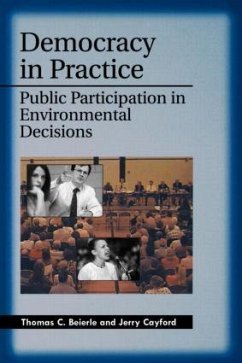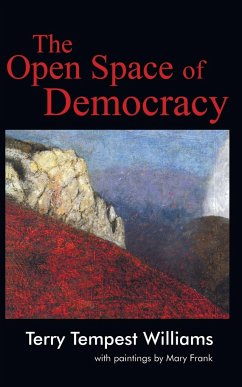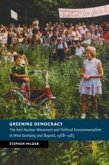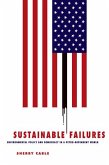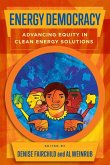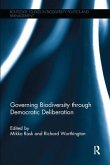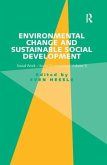In spite of the expanding role of public participation in environmental decisionmaking, there has been little systematic examination of whether it has, to date, contributed toward better environmental management. Neither have there been extensive empirical studies to examine how participation processes can be made more effective. Democracy in Practice brings together, for the first time, the collected experience of 30 years of public involvement in environmental decisionmaking. Using data from 239 cases, the authors evaluate the success of public participation and the contextual and procedural factors that lead to it. Thomas Beierle and Jerry Cayford demonstrate that public participation has not only improved environmental policy, but it has also played an important educational role and has helped resolve the conflict and mistrust that often plague environmental issues. Among the authors' findings are that intensive 'problem-solving' processes are most effective for achieving a broad set of social goals, and participant motivation and agency responsiveness are key factors for success. Democracy in Practice will be useful for a broad range of interests. For researchers, it assembles the most comprehensive data set on the practice of public participation, and presents a systematic typology and evaluation framework. For policymakers, political leaders, and citizens, it provides concrete advice about what to expect from public participation, and how it can be made more effective. Democracy in Practice concludes with a systematic guide for use by government agencies in their efforts to design successful public participation efforts.
Hinweis: Dieser Artikel kann nur an eine deutsche Lieferadresse ausgeliefert werden.
Hinweis: Dieser Artikel kann nur an eine deutsche Lieferadresse ausgeliefert werden.

